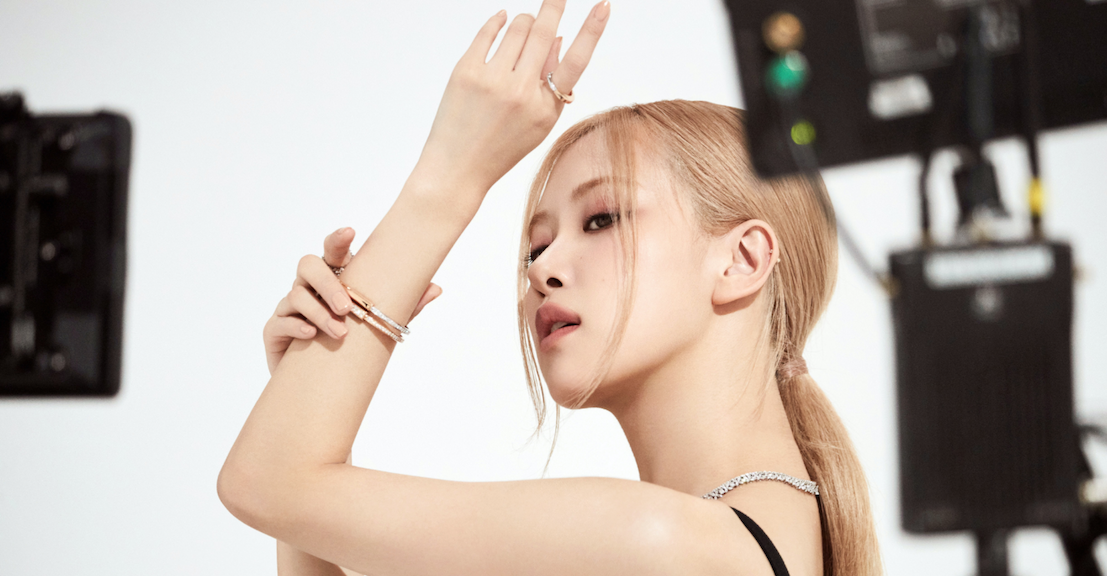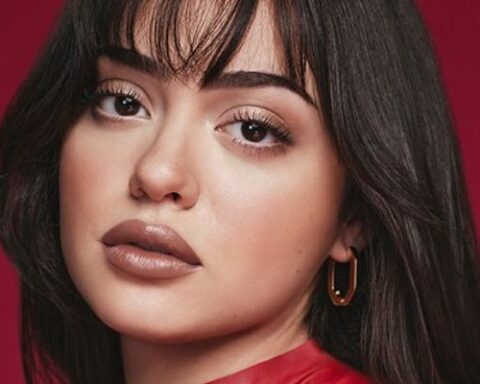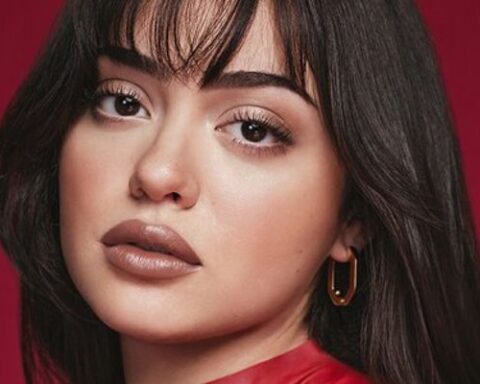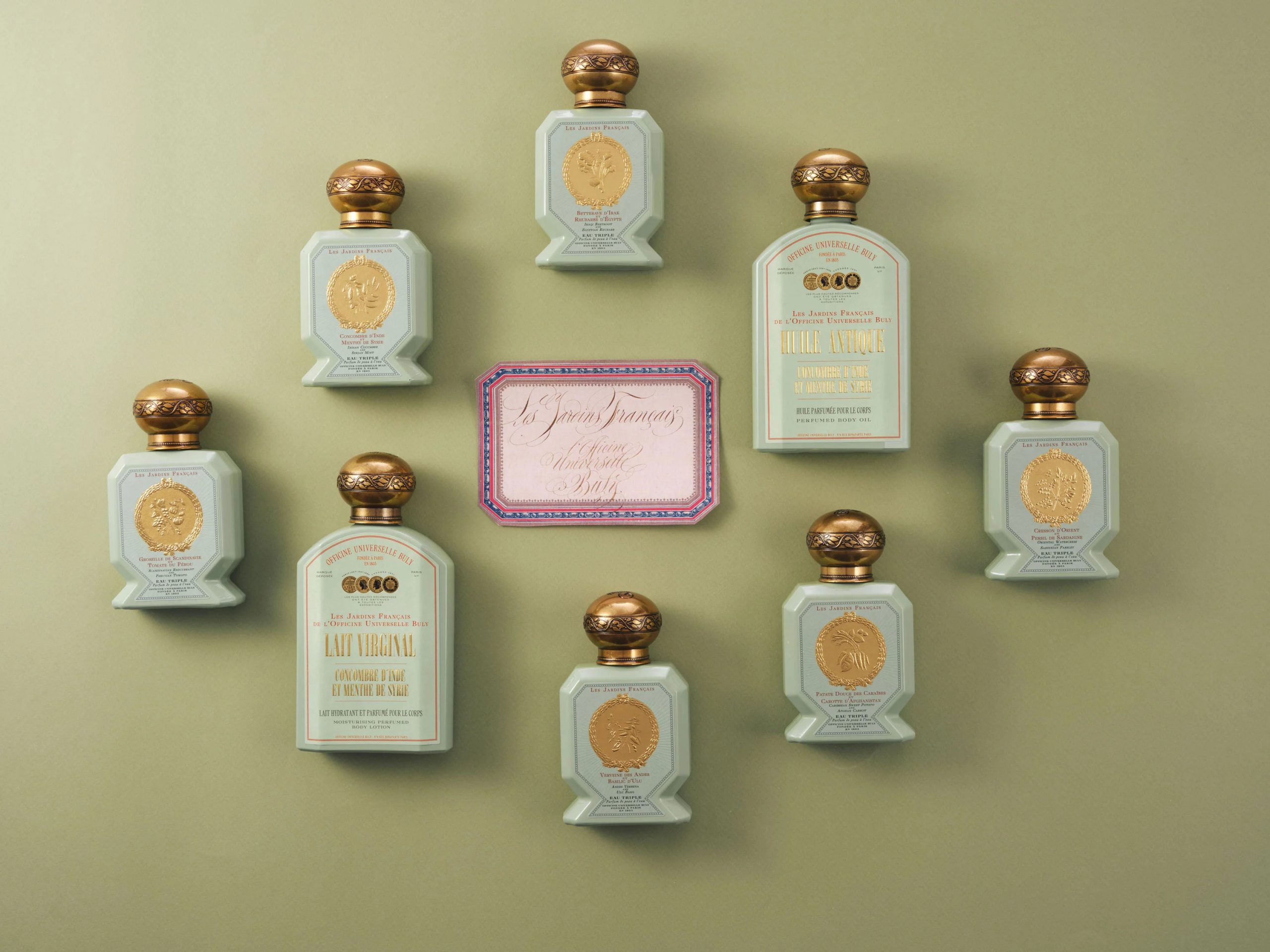The conquest of luxury in Korea is largely based on the soft power promised by Hallyu. A Korean wave so popular worldwide that it has even given rise to a new function: luxury sponsorship. Some production companies, such as SG Entertainment, even specialize in this field.
The final leg of our special summer series in Korea, and in the wonderful world of K-pop.
At the end of our journey, let’s take a closer look at the intimate relationship the luxury goods industry has developed with this musical medium, once considered a niche and now a global phenomenon. We take a look back at the BlackPink turning point and its most recent iterations, including Alpha Ray, a k-pop group about to be launched by SG Entertainment.
Luxury and K-pop: a changing relationship
2023 undoubtedly saw a record number of luxury brands announce the recruitment of stars from the K-pop music movement as brand ambassadors.
Yet the phenomenon is not as sudden as it might seem.
It all began in 2003, when Emporio Armani approached the BoA group.
The beginnings were rather timid and discreet.
Eleven years later, PSY’s Gangnam Style flooded the airwaves, and it was a tidal wave. K-pop gained unprecedented visibility.
The phenomenon is big enough that the following year (2015), Chanel calls on BigBang’s GDragon to launch a pair of sneakers.
It wasn’t until 2018, however, that the same luxury House chose its brand ambassador from the Korean music scene.
A certain Jennie from the group BlackPink landed the coveted title. This act marks the beginning of the idyll between luxury and k-pop, which accelerates with the international recognition of the group BTS.
But it was BlackPink that emerged as the reigning champion, with all its members taking part in the movement.
BlackPink or the birth of luxury sponsorship
Before being a breeding ground for ambassadors for the biggest international luxury brands, BlackPink is first and foremost a girl band founded in 2016 by YG Entertainment that can boast of having sold three million albums and recorded 12.6 billion streams, including 276.3 million in France.
[arm_restrict_content plan=”1,” type=”show”]
In August 2022, the single Pink Venom was the band’s best-selling single in France, with 981,000 listens in one week. Since then, the band’s popularity has transcended Asia, with appearances in 2023 at the Californian festival Coachella and the very British Glastonbury.

As bearers of Confucian values and unrivalled popularity, the four members of the group were soon recruited by, among others, the major Maisons of the LVMH group. This initiative was in part driven by two of the LVMH heirs, Delphine and Frédéric Arnault, when they were appointed CEOs of Dior and Tiffany & Co respectively.
A sign of the group’s success, Jisoo‘s appearance on the cover of Vogue France in March helped the magazine sell more copies than ever before. What’s more, she indirectly brought Dior’s e-commerce site to a temporary halt, following a lightning stock-out on the House’s black dress she wore in the issue.

For Thomas Sommer, the members of BlackPink are also pioneers in the luxury ambassador programs common in the K-pop ecosystem.
In this game, Jennie was the first K-pop idol to be an ambassador for French luxury brands – in this case Chanel – in October 2018. Since then, each member has been an ambassador for two luxury brands.
For sociologist and co-author of the book K-pop, Soft Power et culture Globale, Sophie Octobre, “taking on muses from these parts of the world is not just aimed at these geographical areas but aims to speak to the global world since they are popular stars everywhere.”
If luxury brands, particularly those belonging to the LVMH conglomerate, have expressed a keen interest in the group, it is, according to Thomas Sommer, partly because of the extraordinarily marked differentiation within the group.
For him, this differentiation can already be seen from an aesthetic point of view. In their clothing, make-up and attitude, Black Pink stand in stark contrast to the syrupy, girly world of K-pop.

As Thomas Sommer – (SG Entertainment) points out, “each member of BlackPink has a very assertive personality”, so we can’t give Lisa’s lyrics to Jennie and vice versa.
An unusual approach when you consider that production companies usually focus on having “beautiful, pure, integrated people who can serve as an example.”
YG Entertainment has also given itself the means to differentiate itself by systematically using low-angle photos of the group in the press, reinforcing their stature and creating a sense of exclusivity.
The luxury brands’ enthusiasm can also be explained by the values conveyed on stage and in interviews, in line with the current struggles of the major brands in the field of male-female equality, such as self-assertion, independence and the idea of “Girl Boss” entrepreneurs. These are causes which, outside the media sphere, have not yet had any real resonance in the country.
The other reason is BTS – the first K-pop group to sing in English.
BlackPink’s four female singers speak perfect Korean and Japanese, and three of them (Rosé, Jennie, Lisa) are even bilingual in English. In all, if we include the languages spoken by just one member (Thai for Lisa and Mandarin for Jisoo), the band can address its fans in no less than five different languages.
A huge advantage for a globalized market such as luxury goods, which is keen to preserve its image and appeal to younger generations without alienating its traditional clientele.
A guaranteed successor
Since the phenomenal success of BlackPink, the production rate of K-pop groups has accelerated even further, to the point where barely formed groups such as Aespa and New Jeans have already been recruited as ambassadors by luxury brands.

Against this backdrop, SG Entertainment, headed by Thomas Sommer, has created a group designed from the outset to meet the many desiderata of luxury brands: Alpha Ray.
Like BlackPink, this girls’ band will be made up of four members, each with their own personality.
The project was developed by Joon Hae Spielmann, founder of the production company and a member of the German nobility.
According to Thomas Sommer, the idea is for SG Entertainment to “offer [its] own line of limited edition clothing and accessories by dealing directly with [its] French luxury designer partners, whose trust the agency has earned in particular through the Alpha Ray group’s universe.”
These limited series will thus be “the equivalent of relics linked to idols and luxury brands.”
As to whether the K-pop phenomenon will last, the co-CEO of SG Entertainment is confident: “Fans’ passionate buying behavior for other universes will endure as the socio-economic context hardens.” He adds: “Demonstrating that you belong to a community at heart, and following the example of successful people, is becoming the driving force behind an economy that is constantly striving to be better.
In conclusion, using visible or more allusive references to Korean culture enables luxury brands to adopt a more consensual and universal mode of expression, and avoid accusations of imperialism, cultural appropriation or deviant behavior.
For example, choosing a member of a K-pop group as a brand ambassador means benefiting from the group’s exemplarity and voluntarism, as well as the particularly loyal support of its fan club, even on social networks.
But then again, luxury is a global industry, so it’s vital to offer a wide range of representations from key markets.
China, Japan and Thailand have not yet said their last word. And the appearance of an Indian ambassadress at Gucci shows yet another way in which the Asian luxury industry is on the rise.
According to Bain data shared by Joëlle de Montgolfier, by 2022 the sub-continent will have seen its luxury goods sales increase by 40% at constant exchange rates.
[/arm_restrict_content]
[arm_restrict_content plan=”1,” type=”hide”]
[elementor-template id=”101048″]
[/arm_restrict_content]
Extend your K-pop adventure with an exclusive interview with Lisa, member of the BlackPink quartet and ambassador for jeweller Bvlgari.
The interview can be found in our Print magazine – which complements your reading experience on the site – and is available to our subscribers in paper or digital versions.
Front cover photo: © Tiffany & Co
You may also like to read > [INVESTIGATION] SOUTH KOREA: WHY THE COUNTRY WILL BE SUCH A MAGNET FOR LUXURY GOODS IN 2023 (PART 1/5)












